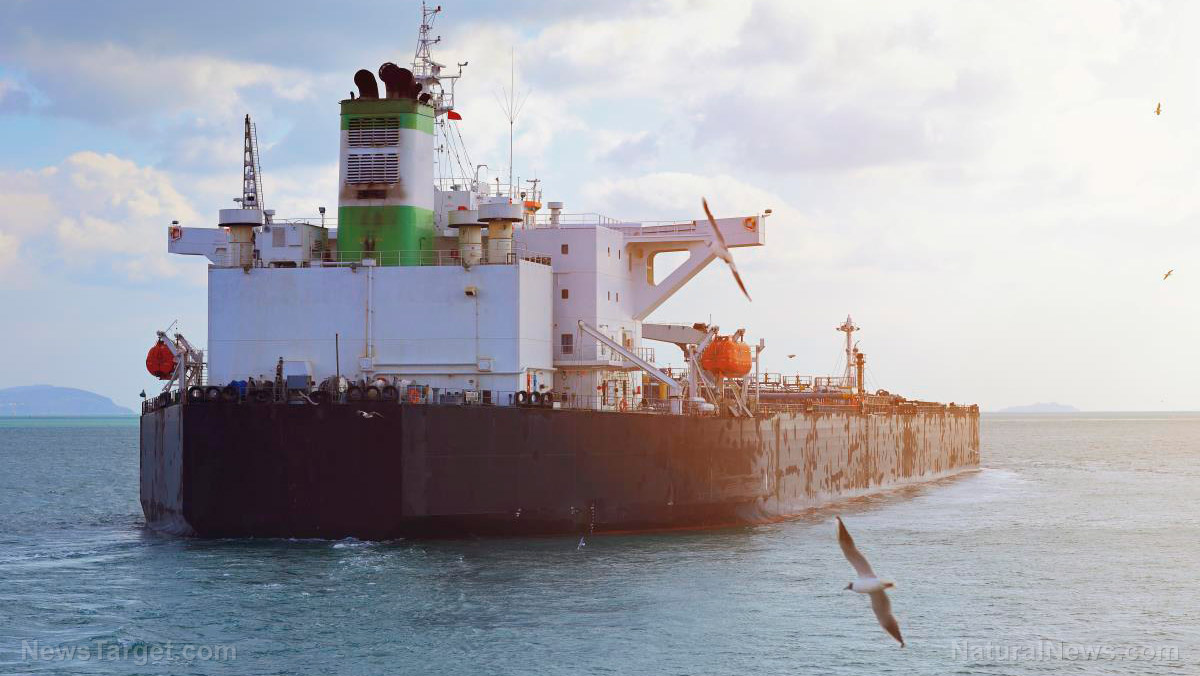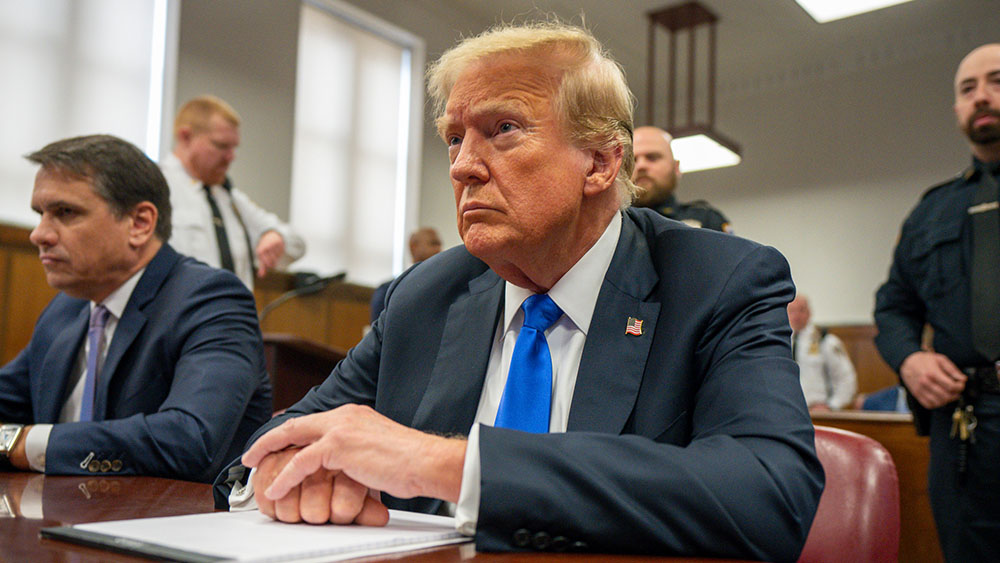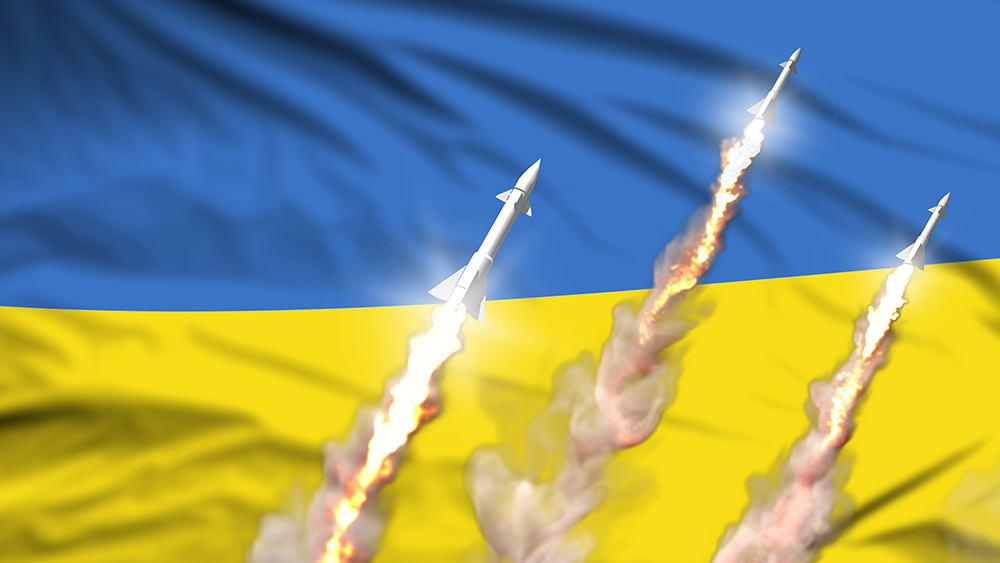
Western sanctions against Russian oil exports have proven to be unsuccessful as Moscow continues finding ways to completely bypass them.
Revenue from Russian oil sales represents a significant share of the Kremlin’s budget, and Western countries hoped that sanctioning exports would dry up funding for their invasion of Ukraine. The U.S. and the EU have mostly barred imports of Russian oil, and the G7 and Australia joined with the EU to ban services involved in the movement of Russian oil products unless they are purchased below a price cap. The prominent role played by the G7 in insuring, shipping and financing Russian oil exports meant, at least in theory, that Russia would suffer financially as a result. The price cap approach was chosen as a way of limiting Russia’s ability to profit from the invasion while helping Russian oil continue to make its way into global markets to avoid price jumps and supply issues.
However, a report by the Financial Times shows that nearly three fourths of seaborne Russian crude oil flows moved without western insurance last month, up from 50 percent in the spring. This indicates Russia is getting better at finding ways around the G7’s oil price cap of $60 a barrel and is managing to sell it at prices that are approaching international market rates. As Zero Hedge points out, it also means that most Russian clients are simply not concerned about potential retaliation by the Biden administration for buying Russian oil.
Meanwhile, analysis by the Finnish think tank Centre for Research on Energy and Clean Air (CREA) of the eight months following the implementation of the price cap supports these findings and shows that Russia is still relying on EU vessels to bypass sanctions so it can continue to sell oil on the world market and raise funds for its efforts in Ukraine.
Human knowledge is under attack! Governments and powerful corporations are using censorship to wipe out humanity's knowledge base about nutrition, herbs, self-reliance, natural immunity, food production, preparedness and much more. We are preserving human knowledge using AI technology while building the infrastructure of human freedom. Speak freely without censorship at the new decentralized, blockchain-power Brighteon.io. Explore our free, downloadable generative AI tools at Brighteon.AI. Support our efforts to build the infrastructure of human freedom by shopping at HealthRangerStore.com, featuring lab-tested, certified organic, non-GMO foods and nutritional solutions.
Media reports in recent months have pointed to a fleet of “shadow” tankers owned and insured in countries that are not part of the price cap helping to transport Russian oil. Shipping data from Equasis shows that nearly half of these shadow tankers are registered in the United Arab Emirates, and they are responsible for moving nearly 40 percent of the total exported volume of crude oil from Russia.
According to the Kyiv School of Economics (KSE), Russia’s ability to reduce the discount on its oil and the steady rise in crude prices seen in late summer have helped Russian oil revenues to reach at least $15 billion higher this year than they would have been.
KSE Economist Ben Hilgenstock told the Financial Times: “Given these shifts in how Russia ships its oil, it may be very difficult to meaningfully enforce the price cap in future. And that makes it even more regrettable that we did not do more to properly enforce it when we had more leverage.”
When the price cap first went into place in December, Russian oil prices dropped significantly, and Moscow had to offer discounts as it rerouted millions of barrels that were meant for European customers to new ones in Asia instead while depending on western shipping services.
Russia is also finding ways around financial sanctions
Russia has also found a solution for the fact that financial sanctions imposed on them by the U.S. and EU are making it more expensive to trade using western currencies, particularly after the country was essentially kicked out of SWIFT.
Now, Russia is asking its trade partners to invoice them in Chinese Yuan, which they are using as a vehicle currency. They are also importing products via middleman countries to get around sanctions.
Just as many experts predicted, the oil and other sanctions placed on Russia have done little to stop their activities in Ukraine, and it didn’t take them very long to find ways around them.
Sources for this article include:
Please contact us for more information.






































